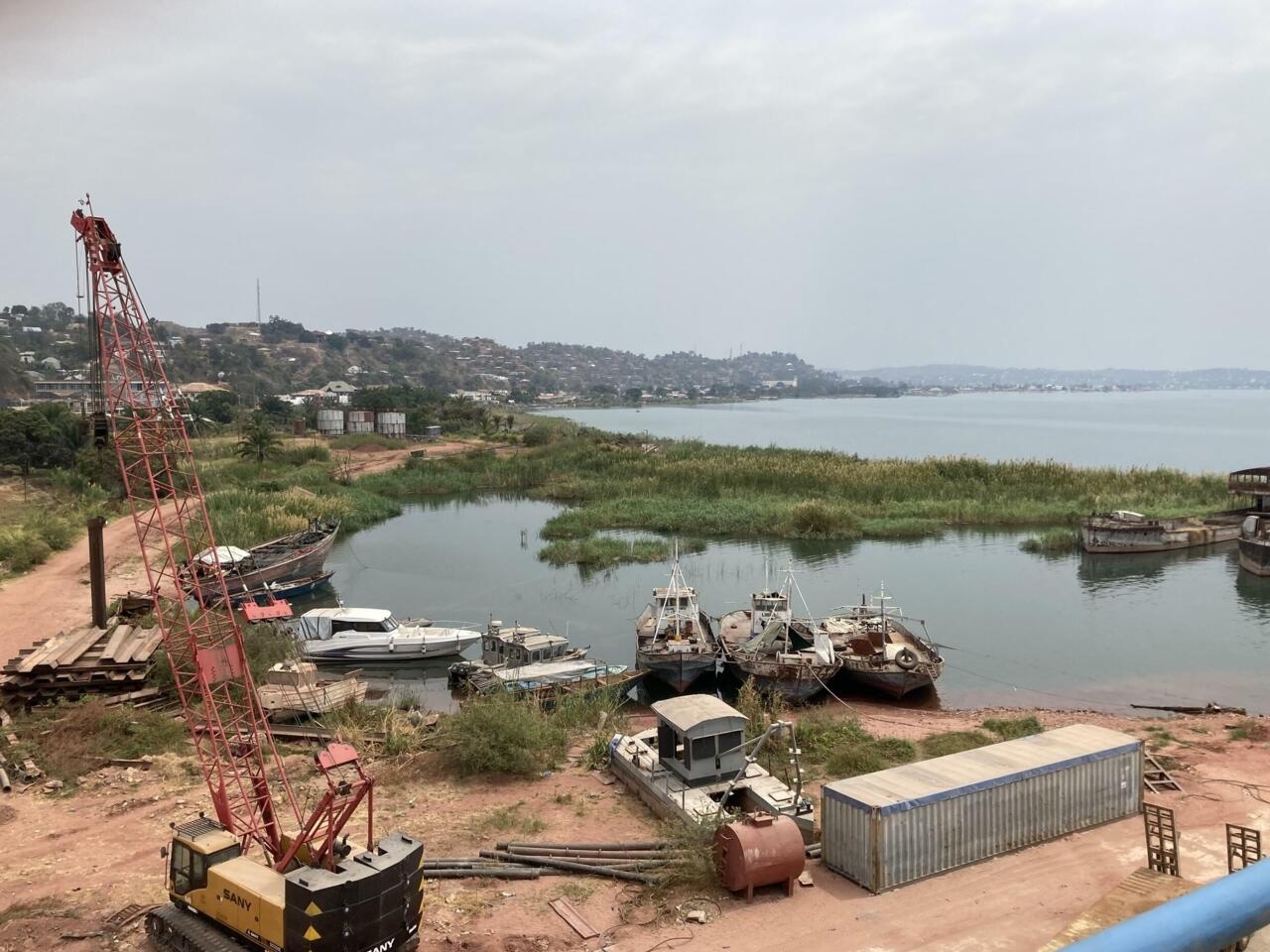The government will start construction of the ambitious Lake Tanganyika Water Project to get fresh water from Lake Tanganyika in Nkasi district of Rukwa region and supply it to five regions in FY2023/2024 (fiscal year). The areas that will strategically gain from this ambitious project include Songwe, Katavi and Rukwa, as well as some parts of Mbeya and Tabora.
Recently, Rukwa Regional Director of Rural and Municipal Water Supply Agency (RUWASA), Engineer Boaz Matundali, said in an interview with the Daily News that the water is going to be pumped from Wampembe County.He further explained that the preparations for the Lake Tanganyika Water Project kicked off in the month of December last year when an expert group from the Ministry of Water conducted preliminary feasibility studies and an executive design for the national water system.
Also read:Tanzania to Implement Kibamba- Kisarawe Water Project
He went on and further explained that the panel of experts had a total of four choices for water sources; including Kabwe and Wampembe branches in Nkasi and Kasanga in Kalambo district. Second on the list was Karema District in Tanganyika District.”However, Wampembe was selected as the best source for the Lake Tanganyika Water Project, which is excellently cheaper than the other three water sources,” said Engineer Matundali.He added that the Ministry of Water Management was going to engage the consultant before carrying out detailed designs as well as Environmental Impact Assessments (EIAs) and tender documents.
Lake Tanganyika Water Project Feasibility Studies and design
The Lake Tanganyika Water Project preliminary feasibility studies and detailed engineering design were completed in 2020 in the Rukwa and Katavi regions.Some of the Mpanda (Katavi) and Sumbawanga (Rukwa) residents interviewed by the Daily News praised the sixth phase government of President Samia Suluhu Hassan for its determination to end the district’s water problems”Although we are closer to Lake Tanganyika, we have suffered from dramatic water shortages for years, especially during the dry season,” said Esther Mlugu who is a mother of three.

Leave a Reply